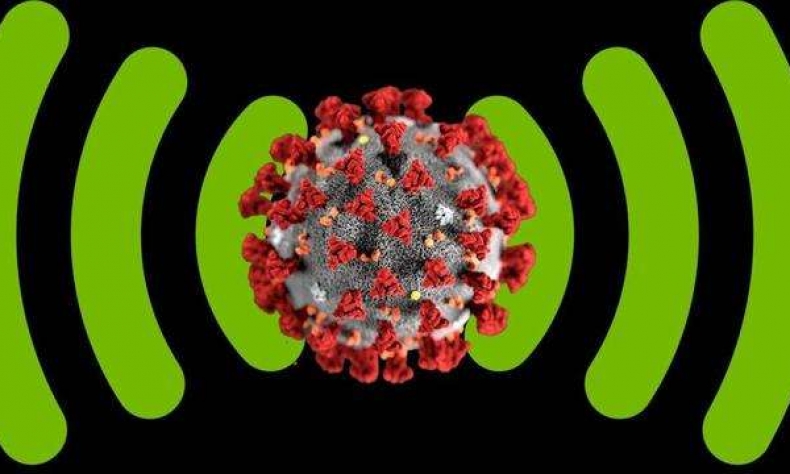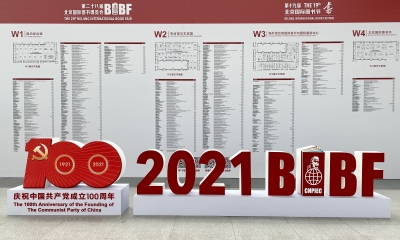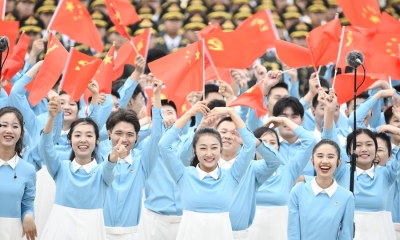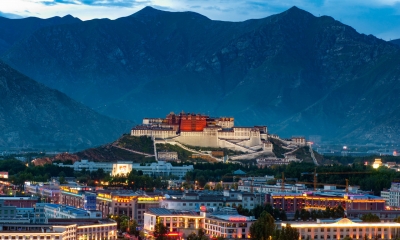5G Causes Coronavirus? Apparently Not

Pandemics have historically shown to be fertile breeding grounds for the spread and acceptance of bizarre conspiracy theories.
Strap on your tinfoil hats folks, there’s a new conspiracy theory in town.
According to some, the novel coronavirus, which has so far infected more than three million people around the world, is one big hoax.
That’s right. The coronavirus is not a natural pathogen, as observed by an overwhelming majority of the scientific community, it is actually due to the roll out of fifth generation telecommunications technology (5G).
Like the virus, the Covid-19 5G conspiracy theory has high human-to-human transmission rates and is showing signs of mutation.
The theory
Currently, there are two main conspiracies which seek to link Covid-19 with 5G.
The most widespread theory is that 5G radiation weakens the immune system, and thus makes people more susceptible to catching the virus. Another variation believes there is actually no Covid-19 coronavirus and that the whole pandemic is a cover designed to roll-out killer cell towers whilst everyone is forced to remain indoors.
The idea that Covid-19 is in some way related to 5G has been pushed by professional conspiracy theorists Alex Jones and David Icke, but has been catapulted towards the mainstream of society through the implicit and explicit support of some influential figures.
American pop star Keri Hilson, tweeted to her 4.2 million Twitter followers: “People have been trying to warn us about 5G for YEARS. Petitions, organizations, studies… what we’re going [through] is the affects of radiation.”
British boxing champion Amir Khan has also endorsed the bizarre conspiracy. The boxing legend shared a video with his 1.3 million Instagram followers in which he mused on the possibility that coronavirus could be man-made in order to “test 5G.”
“Coronavirus this, coronavirus that – you’re probably getting bored of it, as I am. Do you not think it’s anything to do with that 5G in these towers that are going up?,” he said.
Polling organization Hope Not Hate, warned that though not everyone who comes across the various conspiracy theories will necessarily believe them, “the large amount of attention they are getting is worrying and sometimes even dangerous”.
The Impact
The danger of the circulating conspiracy theories is plain to see. On social media, one user wrote, “Any 5G tower in your area burn it down! Collect people and stand and fight this. Act now before it’s too late!”
Some 5G conspiracy theorists appeared to take call-to-arms cries like this literally and began attacking the telecommunication infrastructure. In recent weeks the UK has recorded at least 61 separate arson attacks targeting 5G masts, as well as dozens of cases of harassment against telecom workers.
A similar phenomenon appears to be spreading across Europe, as the Netherlands, Ireland, Belgium, Italy and Sweden, have also recorded a similar spate of arson attacks.
To combat the dangers posed to society, The World Health Organization (WHO) is working round the clock to identify and dispel the most prevalent rumors that can potentially bring harm to the public’s health.
At the top of the organizations Covid-19 “myth-buster” efforts, is the conspiracy linking 5G to the spread of Covid-19. For clarity, the WHO stressed, “5G mobile networks DO NOT spread COVID-19,” noted the WHO.
“Viruses cannot travel on radio waves/mobile networks. COVID-19 is spreading in many countries that do not have 5G mobile networks.”
The battle against conspiracy theories and misinformation is one which the WHO has been aware of and fighting for some time now. “We’re not just fighting an epidemic; we’re fighting an ‘infodemic’”, said WHO Director-General Tedros Adhanom Ghebreyesus at the Munich Security Conference in February.
No Control
Conspiracy theories are not a new phenomenon, there is a great deal of research into possible underlying factors and conditions which may give rise to their acceptance and spread in society.
Professor Karen M. Douglas and her colleagues at the University of Kent’s school of psychology, notes that “understanding one’s environment [and] being safe and in control of one’s environment” plays a key role in the acceptance of conspiracy theories.
Research suggests that demographic indicators, including education level and political disposition, can be a strong determining factor in the belief of conspiracy theories. For example, the UK poll cited earlier found that Brexit supporters and people who distrust the political system are more likely to believe in the 5G coronavirus conspiracy.
In support of the idea that “safety” and “control” can be influencing factors determining the belief in conspiracy theories; pandemics have historically shown to be fertile breeding grounds for such spectacles. Professor Nicolas Guilhot, draws upon examples of conspiracy theories “flourishing” during pandemics as early as the fourteenth century.
“According to some chronicles, rumor had it that the Jews, acting on behalf of the Muslim prince of Grenada, had bribed the lepers so they would contaminate public fountains and wells in order to kill the Christians.”
Guilhot likens the current pandemic to a “cultural apocalypse.”
“We are living through such a cultural apocalypse today, as it becomes increasingly clear that the world as we know it is fast becoming a thing of the past and that whatever lies ahead will be utterly different. We have become the quarantined spectators of an unfolding catastrophe that underscores the frailty of the world we took for granted and of our own presence in it.” he said.
No Trust
In addition to the underlying factors of fear and a lack of control driving the 5G Covid-19 conspiracy theory, there is also the issue of trust.
Trust in authority is a rare commodity in the West. Take the US as an example. Written into the country’s founding and most important legal document, is the right to protection from undue government influence. Fast forward nearly 250 years, and it is apparent that a systematic distrust for those in power is as strong as it ever was. Perhaps even more so.
Donald Trump has repeatedly asserted that the American people are “tired” of experts. Trump knows this specter all too well given that he himself used America’s dwindling trust in the political establishment to move his way into the White House. As a proud climate denier and the commander in chief at the helm of a civil war against the media establishment, Trump has undoubtedly fueled in part America’s distrust of experts.
Such a collapse in trust is not the fault of Donald Trump – well, not entirely – and it is certainly not unique to the United States. Populist movements, which rely primarily on anger at the socio-economic status quo and a distrust in political leaders and experts, have sprung up across Europe in recent years.
As a result of the inherent lack of trust in political leaders and more broadly “the establishment” itself, it is not surprising that a small segment of disenfranchised society has sought refuge in such a wild conspiracy theory.
The challenge for governments lies not in winning the relatively easy battle dispelling a link between 5G and Covid-19, but in restoring trust in experts and authority so that in the future, ridiculous theories are no longer chosen over informed opinion and scientific fact.
 Facebook
Facebook
 Twitter
Twitter
 Linkedin
Linkedin
 Google +
Google +







